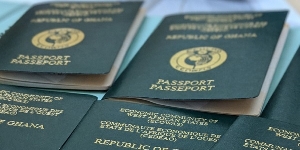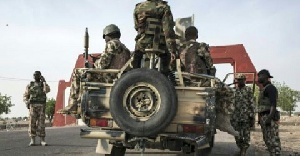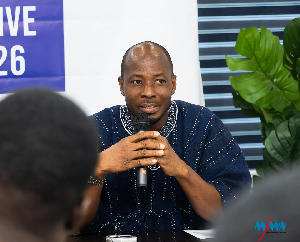ACCRA, Ghana (PANA) - The Second Historic African World Reparations and Repatriation Conference (AWRRC) entered its second day Saturday in Accra after a Ghanaian official urged delegates to pass a resolution calling on the OAU to revamp the activities of the sub-committee on reparation.
Ghana's deputy minister of tourism, Owuraku Amofa said "it is through our combined efforts that we stand to achieve the socio-economic advancement required of us to be really free and stand as equals in the global arena."
Representatives of black civic and political groups in Africa and the Diaspora are attending the four-day conference.
Amofa said: "Let us not relent in our efforts. We truly have a case as the industrialised world has a case to answer."
He said after colonisation and the exploitation of Africa's resources to enrich the developed countries, it was proper that a just settlement is demanded.
He proposed that both parties, African and European perpetrators of slavery, collectively formulate a mechanism to establish the amount of debt owed by African states and a debt cancellation initiative pursued on account of the resources taken from the continent.
The delegates will deliberate on the next step to take after the Accra Declaration made at the end of the first conference in 1999.
The OAU sub-committee was set up earlier this year to serve as the rallying point for the call for reparations and repatriation by Africans on the continent and in the Diaspora to further the goals of African emancipation.
The co-chairman of AWRR Truth Commission, Dr. Hamet Maulana said the publication of the Accra Declaration had served as a catalyst awakening Africans world-wide about the debt owed them "and is shaking the perpetrators' knees".
The declaration pegs the total amount for reparation at 777 trillion dollars and would be pursued through the UN, OAU, the International Court of Justice and International Labour Organisation.
He said the contention by the perpetrators not to pay since African chiefs had a hand in the trade was untenable because there were no records to show that Africans built slave ships or invited the people to come and trade in them.
General News of Saturday, 29 July 2000
Source: pana












